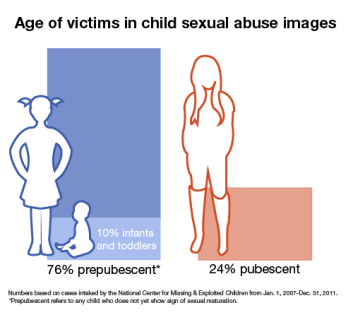Three years ago my life was unsuspectingly in shambles. On the outside I was well put together; I was a full-time student making all A’s, I excelled at my job, had amazing ties with my co-workers and everyone I came into contact with at work, I went out and did things with my few very close friends, and I was certain at some point in my life, I was going to make an unforgettable impact on the world. At the same time, days prior to my 21st birthday I gathered the courage to run from the people that had been sadistically abusing me since I was 13. With newly found hope and a will to live, I stuffed all of the fragments of my past away and cried out to thin air that I would do anything to not be found. I didn’t know how to live without the abuse that had awaited me each day, but I didn’t know how to live with it anymore either. The scars I wore were a daily reminder.
“You can run, but you’ll never be free.”
My self-inflicted wounds and empty memories carried me through those dark times, but their names engraved into my leg brought anything but comfort. It screamed out I wasn’t a person, but a piece of property; an item that belonged to someone. With scars and a face that the flash of a camera made visible for the world to see, I stepped outside each day fearful of who would recognize me.
“Have I seen you somewhere?”
These words haunted me for years. I hid in the shadows of my fear, construing what seemed a simple question into a disabling, emotion filled moment in time. Memories flashed in front of me within the nanoseconds it would take me to respond. I knew the answer could have been yes; anyone could have known me, just not in the way anyone would ever like to be introduced. Disgust would twist through me and fill my knotted up intestines, my heart racing. With a tied stomach, I would try to avoid the “you’re one of them” thoughts. I was desperate to run and hide, to find a refuge for protection from the possibilities that filled my head. Instead, I always reverted to my usual response and extended my right hand.
“I don’t think we’ve met, my name is Sarah.”
As a precautionary I would keep my distance and hide the identifying marks that covered my body. Thoughts of dying my hair and cutting it off often flashed through my mind, I wanted to be unrecognizable; a fly on the wall that didn’t catch anyone’s attention. I didn’t want to be identifiable, but I came to realize that changing my appearance was not going to change my past. Instead, I learned to face it, from beginning to end.
The cold hard truth is sexual predators DO exist, in fact, they exist in overwhelming amounts. The internet is a gateway for predators, giving them the ability to freely and directly communicate with each other. Online sexual predators find kids through social networking, blogs, apps, chat rooms, instant messaging, discussion boards, and other websites. They seduce their targets through attention, affection, kindness, and even gifts. They are up-to-date with current music and hobbies of interest to kids, they listen to and sympathize with kids’ problems, and they try to ease victims inhibitions by gradually introducing sexual content into their conversations or by showing them sexually explicit material. With time, they may evaluate the kids they meet online for future face-to-face contact.
The grooming process has been broken down into 6 gradual phases (Dr. Michael Welner), as follows:
1. The offender targets a victim by sizing up the child’s vulnerability. Children with less parental oversight are more desirable.
2. The sex offender gains trust by watching and gathering information about the child, getting to know his needs and how to fill them. In this regard, sex offenders mix effortlessly with responsible caretakers because they generate warm and calibrated attention.
3. Once the sex offender begins to fill the child’s needs, that adult may assume noticeably more importance in the child’s life and may become idealized. Gifts, extra attention, affection may distinguish one adult in particular and should raise concern and greater vigilance to be accountable for that adult.
4. The grooming sex offender uses the developing special relationship with the child to create situations in which they are alone together. This isolation further reinforces a special connection. A special relationship can be even more reinforced when an offender cultivates a sense in the child that he is loved or appreciated in a way that others, not even parents, provide.
5. At a stage of sufficient emotional dependence and trust, the offender progressively sexualizes the relationship. Desensitization occurs.
6. Once the sex abuse is occurring, offenders commonly use secrecy and blame to maintain the child’s continued participation and silence—particularly because the sexual activity may cause the child to withdraw from the relationship. Children in these entangled relationships—and at this point they are entangled—confront threats to blame them, to end the relationship and to end the emotional and material needs they associate with the relationship.
